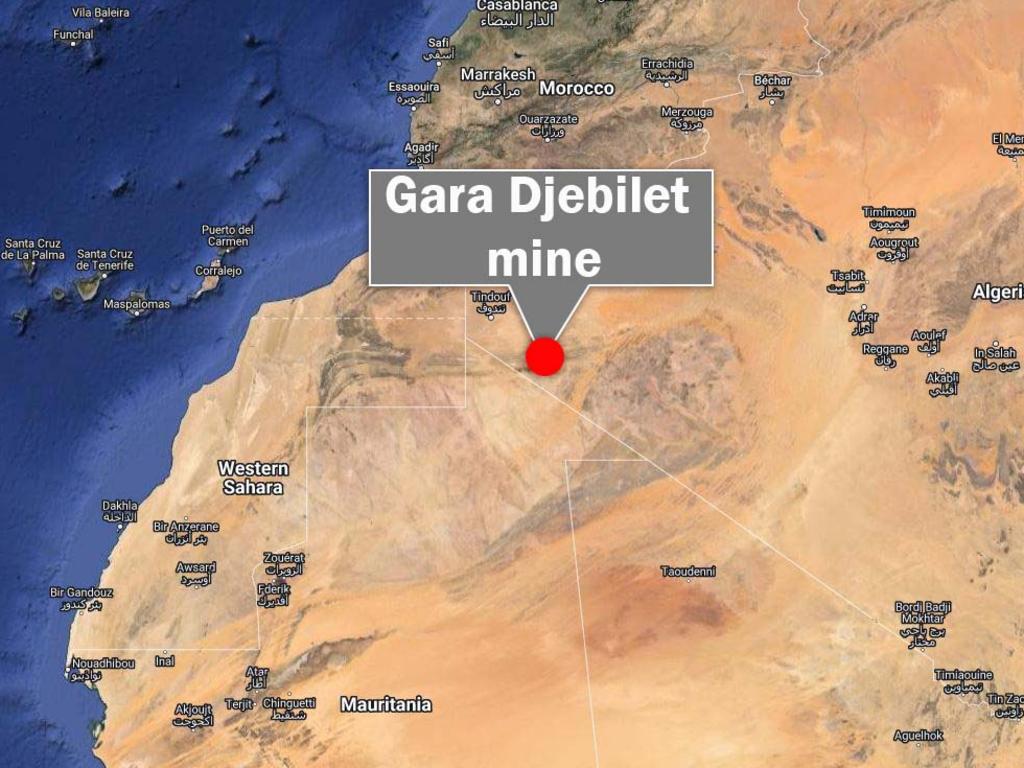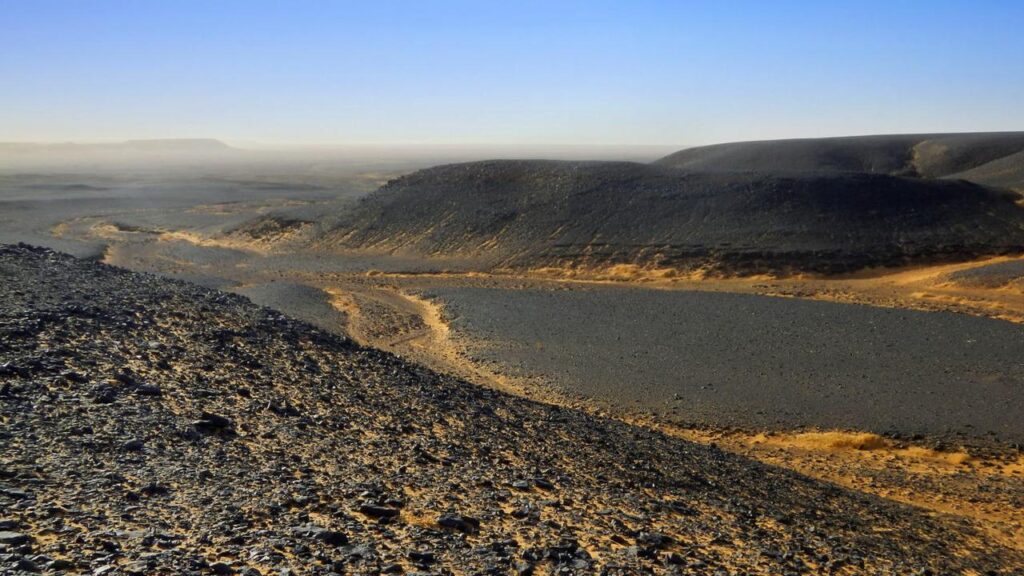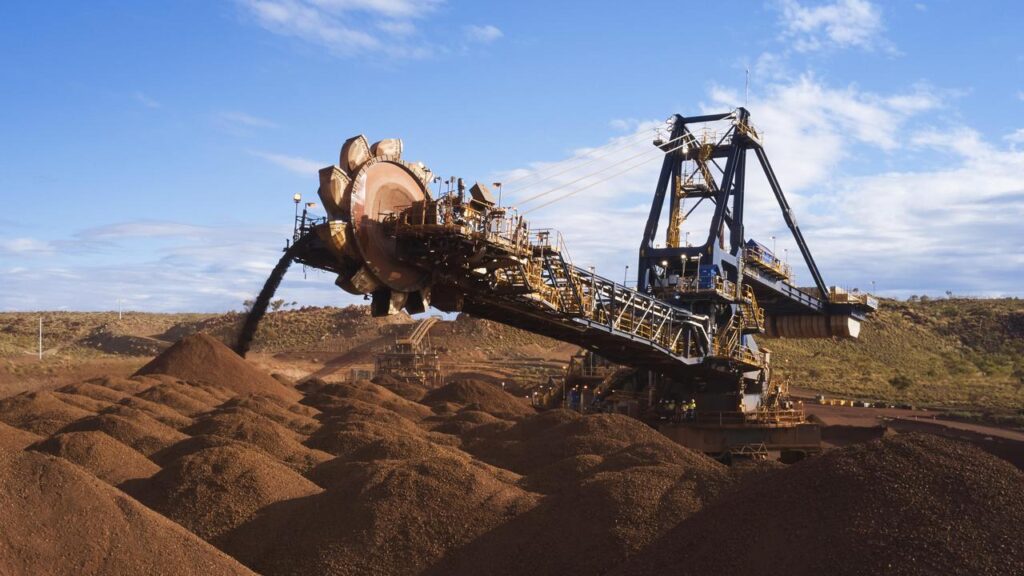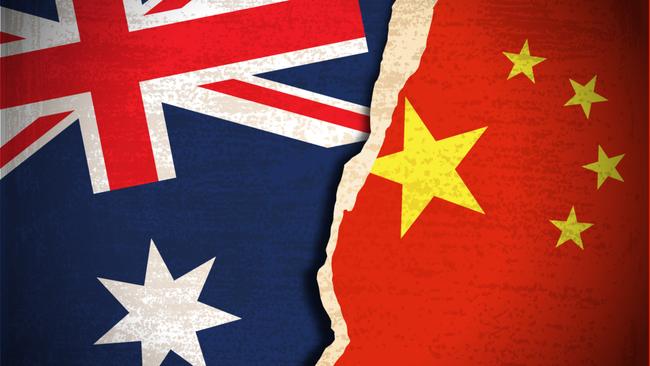China’s latest ambitious move to secure its iron ore supply has sent shockwaves through Australia. With massive investment in a Sahara Desert mine plagued by challenges, Beijing aims to reduce its dependence on Australian iron ore, potentially reshaping the economic landscape for both nations.
In a bold strategic maneuver, China Railway Construction Corp Ltd (CRCC), under the control of the Chinese Communist Party, is undertaking a monumental project – laying 6000 kilometers of railway tracks across the North African Algerian desert. This endeavor aims to grant Beijing-owned steel conglomerate Baowu control over the Gâra-Djebilet mine, despite the deposit’s high phosphorus content, which poses significant hurdles to steel production.
The significance of this move cannot be overstated. China, the world’s largest steel producer and iron ore importer, currently relies heavily on Australia and Brazil for its iron ore supply. However, Beijing’s pursuit of diversification signals a seismic shift in global trade dynamics.
Diversifying Supply Sources:
China’s dependency on Australian iron ore has long been a concern for policymakers in both Beijing and Canberra. The recent investment in the Gâra-Djebilet mine underscores China’s determination to mitigate this risk. With reserves of around 3.5 billion tonnes, this mine offers Beijing an alternative source, potentially reducing its vulnerability to diplomatic tensions or supply disruptions.
Strategic Infrastructure Investment:
The construction of a 6000km railway network demonstrates China’s commitment to securing its iron ore supply chain. This infrastructure will not only facilitate the extraction of iron ore but also bolster trade and economic development in Algeria. President Abdelmadjid Tebboune views this project as a gateway to Africa, highlighting the mutually beneficial nature of Sino-Algerian cooperation.
Economic Implications for Australia:
For Australia, heavily reliant on iron ore exports, China’s diversification efforts pose significant economic challenges. The decline in Chinese investment in Australia’s mining industry, coupled with Beijing’s shift towards alternative markets, signals a fundamental reconfiguration of trade patterns. The University of Sydney / KPMG Australia report underscores the urgency for Australian industries to adapt to evolving market dynamics.
Geopolitical Ramifications:
Beyond economic considerations, China’s move carries geopolitical implications. Beijing’s pursuit of self-sufficiency in critical resources aligns with its broader strategic goals. President Xi Jinping’s remarks to US President Joe Biden underscore China’s assertive stance in the face of perceived containment efforts by Western powers.
The Road Ahead:
As iron ore futures rally and speculation mounts over Beijing’s potential stimulus measures, uncertainty looms over global markets. The trajectory of China’s economic policies and its impact on iron ore demand will shape the fortunes of nations heavily reliant on commodity exports.
In conclusion, China’s bold investment in the Gâra-Djebilet mine marks a pivotal moment in the global iron ore trade. While Beijing seeks to de-risk its economy from Australian dependency, the repercussions of this move reverberate across geopolitical and economic spheres. As the world watches China’s strategic maneuvers, the future of iron ore markets hangs in the balance, with far-reaching implications for stakeholders worldwide.





